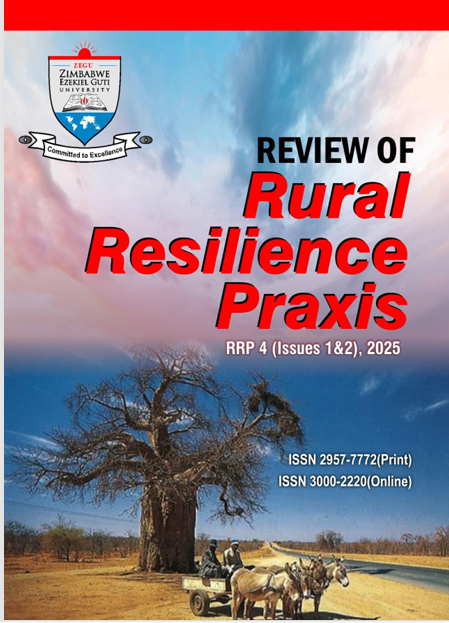Dam Infrastructure Provision in Rural Africa: Some Selected Country Case Studies
DOI:
https://doi.org/10.71458/gqh3cd88Keywords:
water resources, economic development, rural communities, scarcity, agriculture, governanceAbstract
The study examines the provision of dam infrastructure in rural Africa through case studies from selected countries, aiming to assess challenges, opportunities and impacts on water resources and economic development. By reviewing literature and empirical data, it offers insights into dam infrastructure's effectiveness in addressing rural communities' water and energy needs. Through case study analysis, the study identifies lessons for future development efforts. It argues that dam infrastructure has potential to address water scarcity, promote agriculture and enhance energy security, contingent on factors like funding, governance and community involvement. The major objective is to assess dam projects' impacts on water access, agriculture and energy security in rural Africa and to identify lessons for future efforts. Key questions addressed are the challenges and opportunities of dam provision, their impacts on rural communities and lessons learned from case studies. Methodologically, the study employs desk-based research and case study analysis, drawing data from academic journals, government reports and non-governmental organisation (NGO) publications. For data analysis, the study utilises textual analysis to examine and interpret the qualitative information gathered from the selected case studies and other relevant sources. The study recommends careful planning, stakeholder engagement and environmental stewardship to ensure dam infrastructure sustainability and success in rural Africa.




